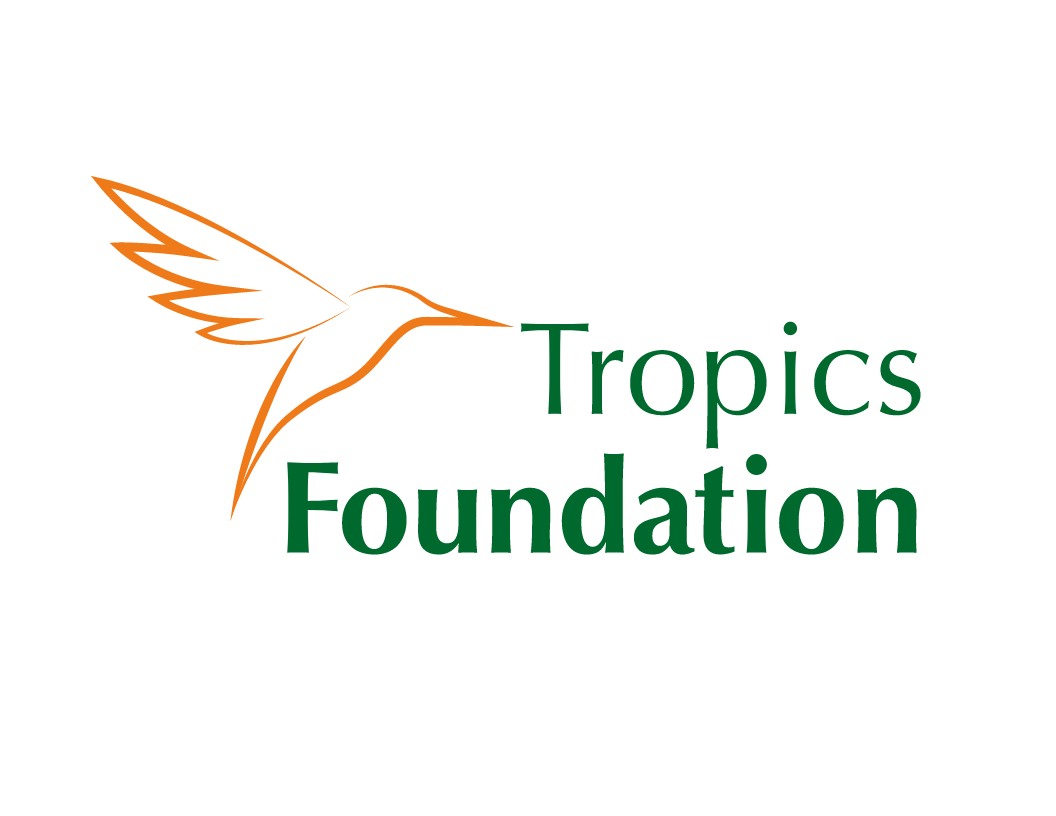The North American Agroforestry Conference Wraps up at CATIE
Facilitating the Exchange of Up to 70 Research Studies on Best Practices in Temperate and Tropical Agroforestry
Written by Karla Salazar Levia, Edited by Katie Modic
Participants are toured through a living laboratory of Cacao Agroforestry Systems and introduced to ongoing research projects taking place on CATIE’s campus
The 18th North American Agroforestry Conference (NAAC) concluded successfully at the Tropical Agricultural Research and Higher Education Center (CATIE), Costa Rica. From February 20 to 22, this international event organized by the Association for Temperate Agroforestry (AFTA) and CATIE managed to bring together 200 experts and participants from around the world in a space dedicated to agroforestry.
The conference titled “Sharing Research & Best Practices Between Temperate & Tropical Agroforestry” stood out as an essential forum for the exchange of knowledge and the strengthening of international collaborations in the field of agroforestry. Experts from South America, Asia, Africa, Europe, Mesoamerica, and the United States shared over 70 presentations on their innovations, advanced research, and best practices in the sector, seeking applicable synergies at a global level.
Presentations included agroforestry systems with perennial and annual crops
Presentations also included research on silvopastoral systems
CATIE, with its long history in agroforestry and Inclusive Green Development, was the host of the conference, reaffirming its leadership in promoting sustainable and climate-resilient food systems through agroforestry.
The conference addressed crucial themes through six sessions, from silvopastoral systems to agroforestry with perennial crops, showing the potential of agroforestry in the adaptation and mitigation of climate change, biodiversity, and sustainable production.
Rolando Cerda, leader of the Agroforestry and Coffee and Cocoa Genetic Improvement Unit at CATIE and part of the organizing team of NAAC 2024, expressed his satisfaction at having achieved the conference's objectives, which included the exchange of knowledge and findings in agroforestry, networking , and the presentation of methodologies and evaluations.
He highlighted the success of the conference, achieved through 15 academic sessions, more than 17 presentations, and at least 40 posters in two intensive days.
Rolando Cerda facilitating a question and answer session between researchers and conference participants
Campus Tour and Closing at the Botanical Garden
On the third and last day, participants took a field tour of the CATIE campus, where they explored stations related to agroforestry experiments in coffee and cocoa, silvopastoral systems, and germplasm collections. This practical experience allowed attendees to gain a deeper insight into the real-life applications of agroforestry.
To conclude, attendees enjoyed a closing lunch at the CATIE Botanical Garden. Both Muhammad Ibrahim, General Director of CATIE, and Hannah Hemmelgram, President of AFTA, highlighted the importance of collaboration and knowledge exchange to continue promoting agroforestry.
"I hope this is the beginning of many collaborative opportunities and that each of you has made significant connections with people from other countries; that is the meaning of this event. Thank you all for being here, for finding the resources to get here. I just have so much gratitude for each of you," said Hemmelgram.
Dr. Ibrahim noted that the feedback received shows that the conference was very productive and successful. "You shared a lot of knowledge and information, and without a doubt, I know that the expectations you all had when coming to CATIE were met. I hope the networks and contacts that have been generated in this space grow and trigger student exchanges, internships, sabbaticals, joint projects, and even educational programs in which we can work," he commented.
Conference participant appreciating CATIE’s Cacao Collection, among the largest in the world
Open Doors to Collaboration in Agroforestry
Luis Pocasangre, who will assume the General Directorship of CATIE starting in March, was present at the conference and was invited by Ibrahim to give a closing speech. In his remarks, Pocasangre highlighted that in his opinion, agroforestry is the best and most sustainable production system. He also stated that CATIE will always have its doors open to those looking to develop research and collaboration initiatives in agroforestry.
Conference participants discussing agroforestry research in the “poster tent”
The NAAC 2024 conference was made possible thanks to the generosity of our sponsors: Agroforesta, Agroecología TPP, the Forest Service of the Department of Agriculture, FiBL, Lavazza Foundation, Plantra, the Savannah Institute, and our media sponsor, the Perfect Daily Grind. Because of their generosity alongside the efforts of AFTA and CATIE staff, this event was able to strengthen agroforestry connections worldwide, promote dialogue, collaboration, and innovation among members of the agroforestry community.
Conference participants traveled from around the world to gather for the 2024 NAAC held at CATIE
More information:
Rolando Cerda
Coordinator
Agroforestry and Coffee and Cocoa Genetic Improvement Unit
CATIE
rcerda@catie.ac.cr
Claudia J. Sepulveda L.
Coordinator
Livestock and Environmental Management Unit
CATIE
csepul@catie.ac.cr









